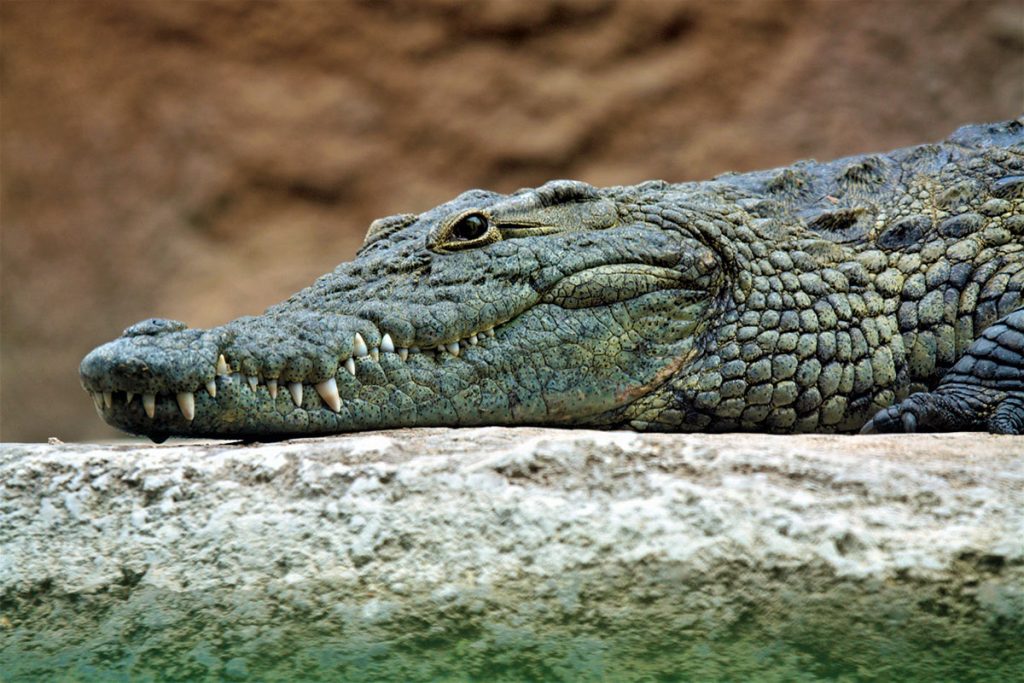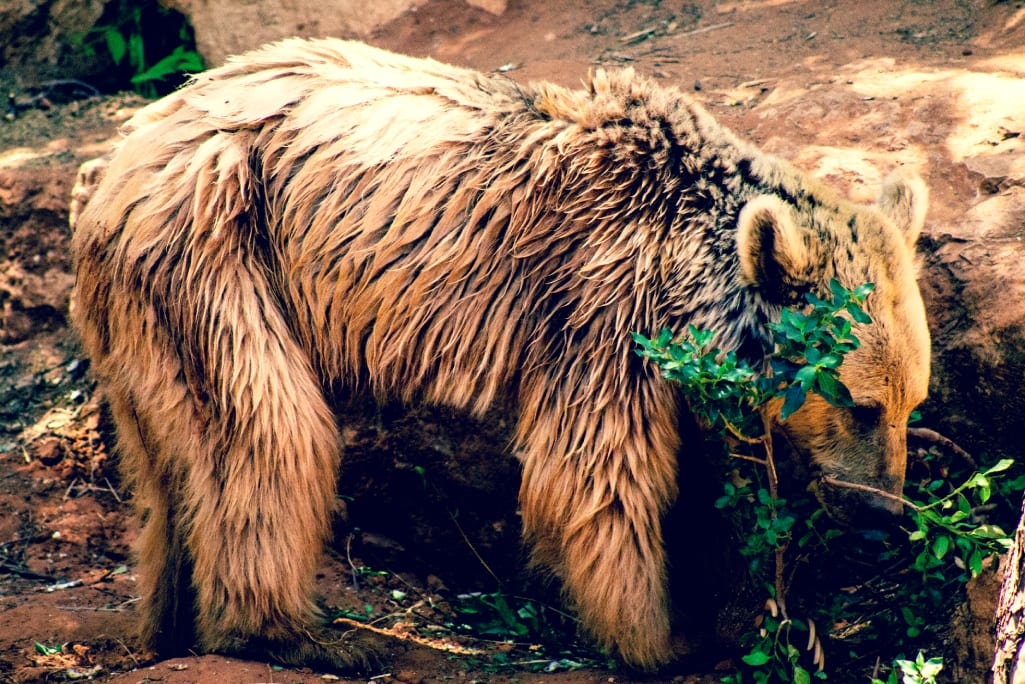The Syrian Brown Bear is a Biblical Animal Now Extinct in the Holy Land. But the Hebrew Bible is rich with lengthy descriptions of the Land’s Flora and Fauna. Although the Bible is primarily intended to describe the history of the nation of Israel; And the focal point is human doings. Still the reader gets a good idea about animal life in Biblical times primarily in relation to man. For example, we learn about the domesticated animals man uses next to those animals that are pasting him. A good example will be the Locust. If you remember a devastating plague is mentioned in the Book of Exodus.
According to Paleontological and Zooarchaeological findings during excavations in the Land of Israel, the Syrian Brown Bear was commonly spread all over the Land of Israel in the last 250,000 years. Sadly it got extinct only in recent times. Due to the diminishing of natural groves in the land and hunting; the Syrian Brown Bear habitat got smaller and smaller.
Crocodiles In Israel

Last Syrian Brown Bear Sightings
In the 19th century, the survey of Palestine was carried out under the auspices of the Palestine Exploration Fund between 1871 and 1877. And it’s results were published in a series of books between 1882 and 1888. Among the members of the expedition was Henry Baker Tristram; a naturalist; geologist and Anglican priest. He made four trips to Palestine in order to compile a catalog of its flora and fauna. In 1863 Tristram reports seeing a Syrian Bear in a river near Mt. Arbel. Also, he sights bear on the other side of the Jordan River, in the Bashan Area, And in the Mountains of Gilead.
Reference to Bears in the Bible
One reference to bears in the Bible is in the Book of Hosea: “Like a bear robbed of her cubs, I will attack them and rip them open” (Hosea, 13:8). That’s what I love about the Bible so much. That even today the words of the Bible are valid. The very last Syrian Brown Bear sighting in Israel was in 1917 when the zoologist, Yisrael Aharoni says that on a hunting trip he sighted the very last bears on top of Mt. Hermon.


